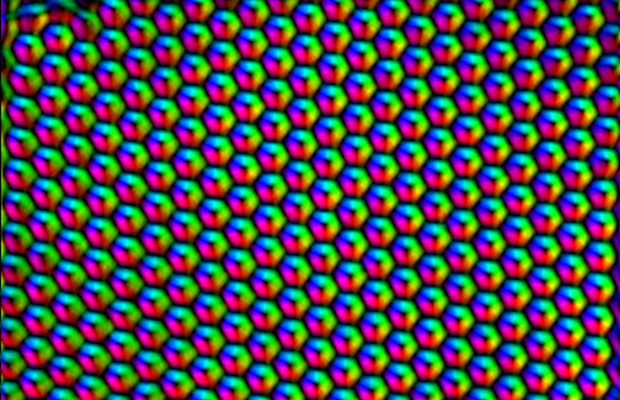
Breaking News
 Trump pardons Mets legend, 'Celebrity Apprentice' alum Darryl Strawberry over tax evasion co
Trump pardons Mets legend, 'Celebrity Apprentice' alum Darryl Strawberry over tax evasion co
 You WON'T BELIEVE How Much Money We're REALLY Sending To Israel!
You WON'T BELIEVE How Much Money We're REALLY Sending To Israel!
 China CANCELS U.S. Soybean Order?! Joel Salatin
China CANCELS U.S. Soybean Order?! Joel Salatin
 Ep 38 Jonathan Haidt: on The Anxious Generation: Childhood in Social Media Age & Fragile College ...
Ep 38 Jonathan Haidt: on The Anxious Generation: Childhood in Social Media Age & Fragile College ...
Top Tech News
 HUGE 32kWh LiFePO4 DIY Battery w/ 628Ah Cells! 90 Minute Build
HUGE 32kWh LiFePO4 DIY Battery w/ 628Ah Cells! 90 Minute Build
 What Has Bitcoin Become 17 Years After Satoshi Nakamoto Published The Whitepaper?
What Has Bitcoin Become 17 Years After Satoshi Nakamoto Published The Whitepaper?
 Japan just injected artificial blood into a human. No blood type needed. No refrigeration.
Japan just injected artificial blood into a human. No blood type needed. No refrigeration.
 The 6 Best LLM Tools To Run Models Locally
The 6 Best LLM Tools To Run Models Locally
 Testing My First Sodium-Ion Solar Battery
Testing My First Sodium-Ion Solar Battery
 A man once paralyzed from the waist down now stands on his own, not with machines or wires,...
A man once paralyzed from the waist down now stands on his own, not with machines or wires,...
 Review: Thumb-sized thermal camera turns your phone into a smart tool
Review: Thumb-sized thermal camera turns your phone into a smart tool
 Army To Bring Nuclear Microreactors To Its Bases By 2028
Army To Bring Nuclear Microreactors To Its Bases By 2028
 Nissan Says It's On Track For Solid-State Batteries That Double EV Range By 2028
Nissan Says It's On Track For Solid-State Batteries That Double EV Range By 2028
DARPA funds nanoscale magnetic materials for super computer memory and quantum info processing

The Ohio State collaborators are one of a handful of successful teams to win this award in an international competition as part of DARPA's Topological Excitations in Electronics (TEE) program. TEE endeavors to design materials with new, controllable functionalities in memory, logic, sensors and quantum information processing — all having critical implications for the nation's economic, energy and defense security.
In magnetic memories, information (for example, a collection of bits) is stored as clusters of spins, which are either an up or a down (or put differently, a one or a zero). These spin clusters, which form the basis of magnetic memories, become less stable when reduced in size.
"As the spin clusters become smaller and smaller, the memory becomes volatile," says Mohit Randeria, professor of physics and principal investigator on the DARPA grant. "Even minor fluctuations due to thermal disturbances at room temperature could lead to spin directions flipping and information being lost."

 Carbon based computers that run on iron
Carbon based computers that run on iron

